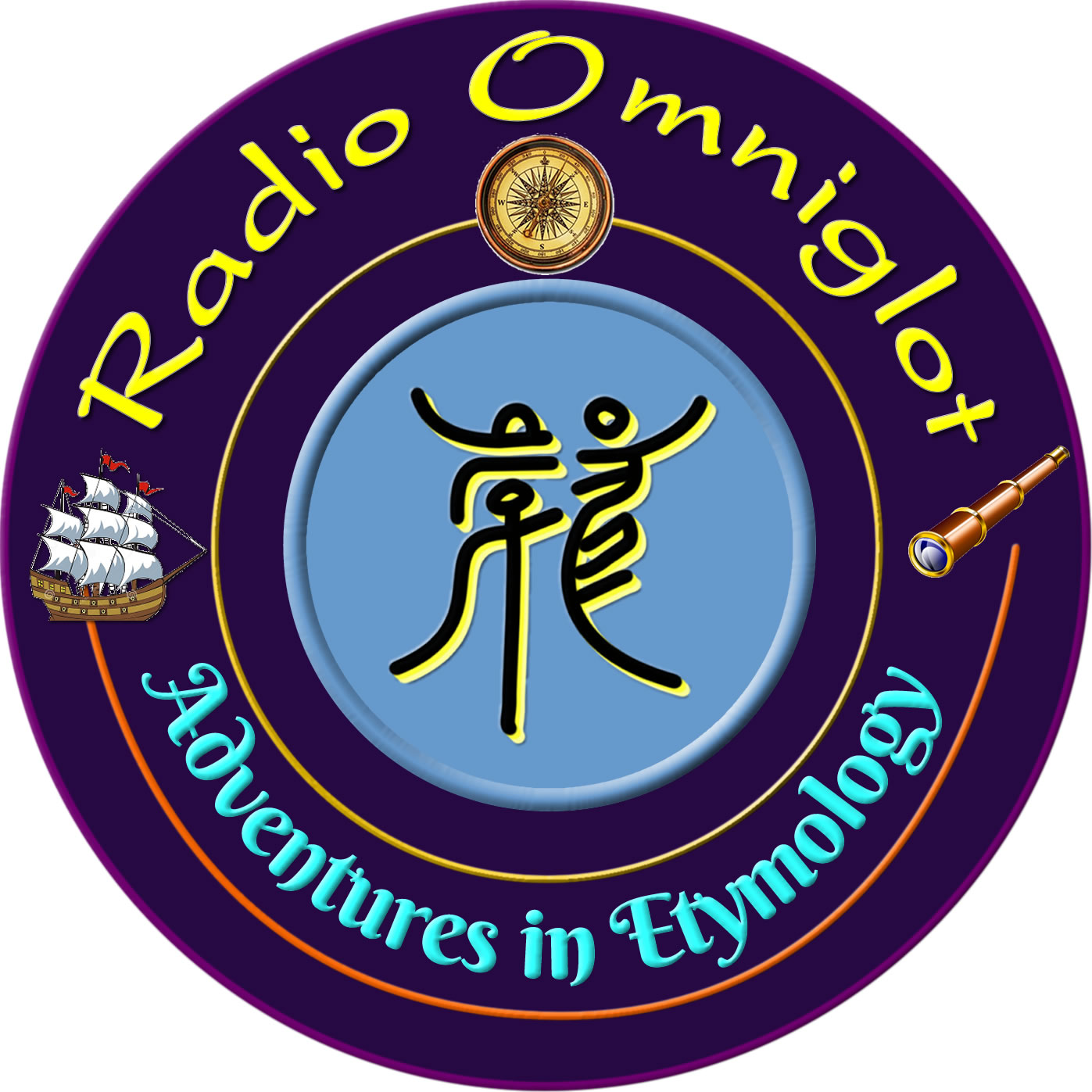

In this Adventure in Etymology, we find out what links the words theory and theatre.
Theory [ˈθɪə.ɹi / ˈθɪ.ɹi] has a variety of meanings, including:
- A description of an event or system that is considered to be accurate.
- (sciences) A coherent statement or set of ideas that explains observed facts or phenomena and correctly predicts new facts or phenomena not previously observed, or which sets out the laws and principles of something known or observed; a hypothesis confirmed by observation, experiment etc.
- The underlying principles or methods of a given technical skill, art etc., as opposed to its practice.
- (informal) A hypothesis, conjecture, unsubstantiated statement or idea.
It comes from Middle French théorie (theory), from Late Latin theōria (speculation, theory), from Ancient Greek θεωρία (theōría – contemplation, divine perspective, speculation, a looking at, a seeking) from θεωρέω (theōréō – I look at, view, see, consider, examine), from θεωρός (theōrós – spectator), from θέα (théa – view, perspective, sight) and ὁράω (horáō – I see, look) [source].
Words from the same roots include theorem and theatre / theater in English, θεωρία (theoría – theory, contemplation), θεατής (theatís – spectator, viewer, onlooker) and θεατρίνος (theatrikós – actor, theatrical) in Greek, théâtre (theatre) in French, and teatro (theatre, drama, cinema) in Spanish [source].
Incidentally, in Middle English theatre was written both theatre and theater. It comes from Old French t(h)eatre (theatre), from Latin theātrum (theatre, playhouse, stage), from Ancient Greek θέατρον (théatron – theatre, gathering place, play, spectacle), from θεάομαι (theáomai – to view, watch, observe), from θέα (théa – view, perspective, sight) [source].
Theater is usually written with -er at the end in the USA, and sometimes in Canada, while in other English-speaking countries, it’s usually written with an
